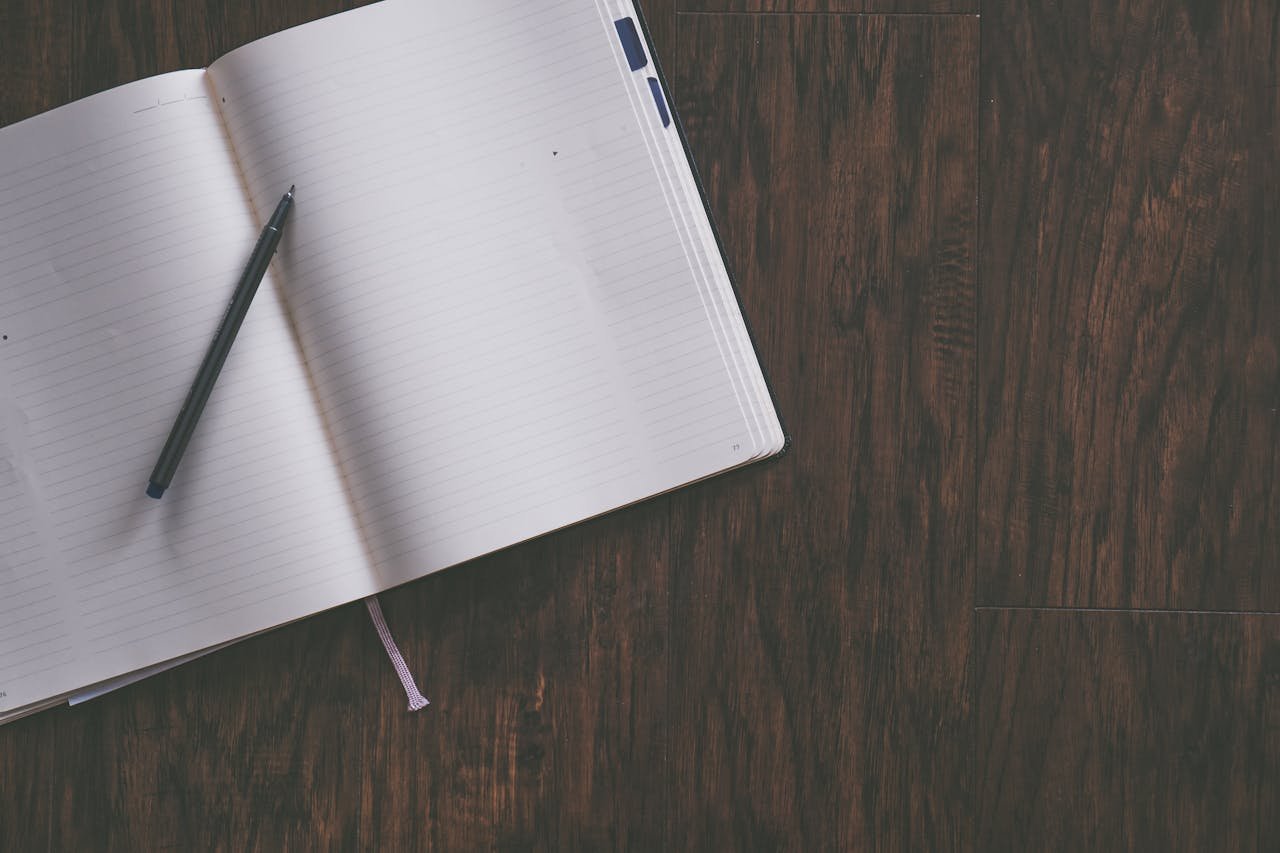Mindfulness Journal: A Path to Inner Peace and Self-Discovery
In today’s fast-paced world, finding moments of calm and self-reflection can feel like a luxury. However, mindfulness journaling offers a simple yet powerful tool for cultivating inner peace, reducing stress, and fostering self-discovery. In this comprehensive guide, we’ll explore the concept of mindfulness journaling, its benefits, how to get started, and tips for making the most of your practice.
Introduction to Mindfulness Journaling
Mindfulness journaling is a practice that combines the principles of mindfulness meditation with the act of journaling. At its core, mindfulness involves paying deliberate attention to the present moment, without judgment. Journaling, on the other hand, is a reflective practice that involves writing down thoughts, feelings, and experiences.
Combining these practices allows individuals to deepen their awareness of their thoughts and emotions, cultivate gratitude, and gain insight into their patterns of behavior. Mindfulness journaling can be done in various formats, including free writing, guided prompts, or structured exercises.
Benefits of Mindfulness Journaling
- Stress Reduction: Mindfulness journaling helps individuals become more aware of their stress triggers and provides a healthy outlet for processing emotions.
- Improved Mental Health: Regular journaling can enhance mood, reduce symptoms of anxiety and depression, and promote overall psychological well-being.
- Enhanced Self-Awareness: By reflecting on thoughts and emotions, individuals gain clarity about their values, beliefs, and goals, leading to greater self-awareness and personal growth.
- Increased Gratitude: Practicing mindfulness journaling encourages individuals to focus on the present moment and cultivate gratitude for the blessings in their lives, fostering a positive outlook.
- Better Decision-Making: Journaling can help individuals clarify their thoughts and priorities, leading to more informed and intentional decision-making.
Getting Started with Mindfulness Journaling
- Set Aside Time: Choose a time of day when you can dedicate a few minutes to mindfulness journaling without distractions. It could be in the morning, before bed, or during a quiet moment in your day.
- Create a Sacred Space: Find a quiet, comfortable space where you can journal without interruptions. Consider lighting a candle or playing soft music to create a relaxing atmosphere.
- Start with a Prompt: If you’re new to mindfulness journaling, begin with a simple prompt to guide your reflection. For example, you could start by writing about three things you’re grateful for or reflecting on a recent challenge and how you handled it.
- Practice Non-Judgment: As you write, observe your thoughts and feelings without judgment. Allow yourself to express whatever comes up without censoring or criticizing yourself.
- Stay Consistent: Like any habit, mindfulness journaling is most effective when practiced regularly. Aim to journal for a few minutes each day, gradually increasing the duration as you become more comfortable with the practice.
Tips for Effective Mindfulness Journaling
- Be Honest and Authentic: Use your journal as a safe space to express your true thoughts and emotions without holding back.
- Experiment with Different Formats: Explore different journaling formats, such as bullet journaling, gratitude journaling, or stream-of-consciousness writing, to find what works best for you.
- Review and Reflect: Periodically review your journal entries to track your progress, identify patterns, and gain insights into your inner world.
- Combine Journaling with Mindfulness Practices: Pair your journaling practice with other mindfulness activities, such as meditation, deep breathing, or mindful walking, to enhance the benefits.
- Be Patient and Kind to Yourself: Remember that mindfulness journaling is a journey, not a destination. Be patient with yourself and celebrate the progress you make along the way.
Conclusion
Mindfulness journaling offers a powerful means of cultivating inner peace, self-awareness, and personal growth. By integrating mindfulness principles with the reflective practice of journaling, individuals can gain deeper insights into their thoughts and emotions, reduce stress, and enhance their overall well-being. Whether you’re new to journaling or a seasoned practitioner, incorporating mindfulness into your writing practice can open the door to profound self-discovery and transformation.
Mindfulness journal FAQs (Frequently Asked Questions)
- How often should I journal for mindfulness?
- There’s no one-size-fits-all answer to this question. Aim to journal consistently, whether it’s daily, weekly, or whenever you feel the need to reflect.
- Do I need special equipment or materials for mindfulness journaling?
- No, mindfulness journaling can be done with just a notebook and pen. However, you may find it helpful to use a dedicated journal or guided prompts to support your practice.
- What if I struggle to find time for mindfulness journaling?
- Start small and gradually increase the time you dedicate to journaling as it becomes a habit. Even a few minutes of mindful reflection can make a difference.
- Can mindfulness journaling help with specific mental health concerns, such as anxiety or depression?
- Mindfulness journaling can be a valuable tool for managing symptoms of anxiety and depression by promoting self-awareness, stress reduction, and emotional regulation.
- Is mindfulness journaling suitable for everyone?
- While mindfulness journaling can benefit many individuals, it may not be appropriate for those with severe mental health concerns or trauma histories. It’s essential to practice self-care and seek professional support if needed.












